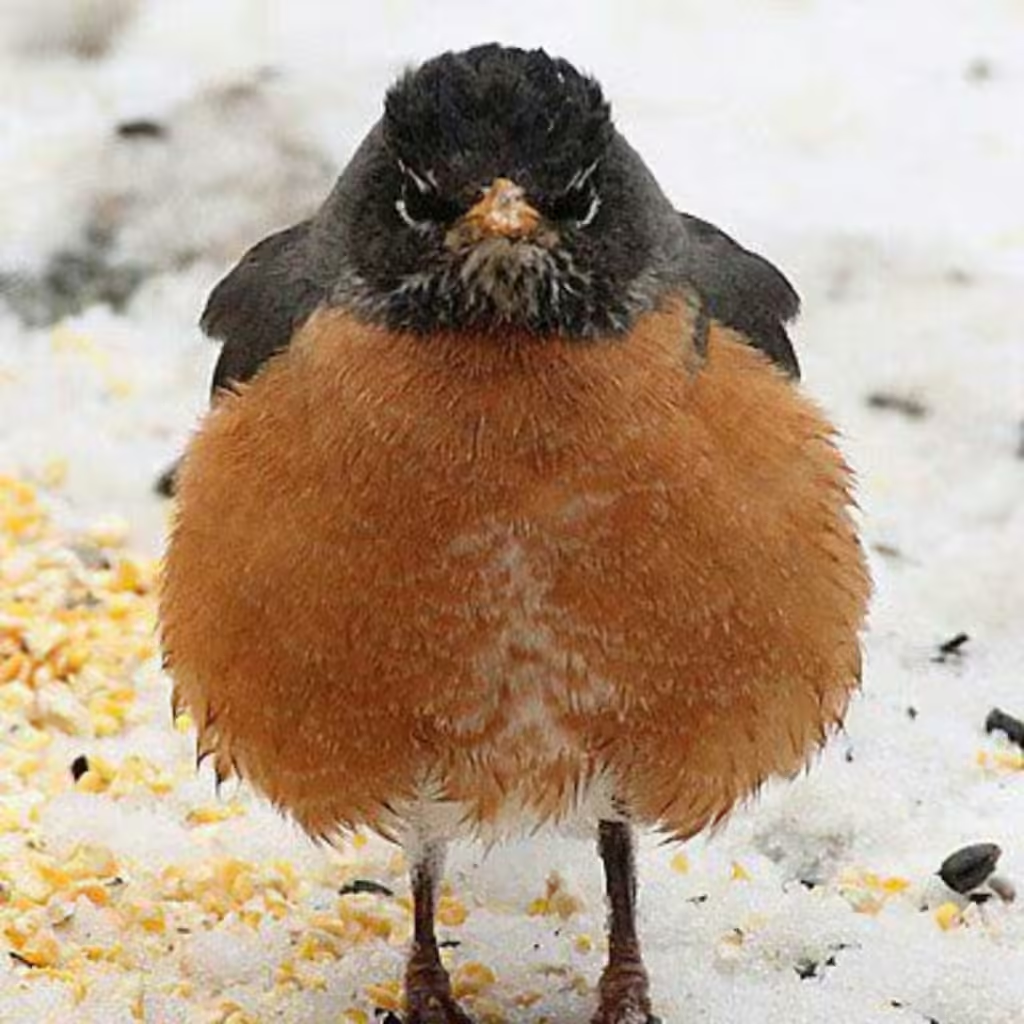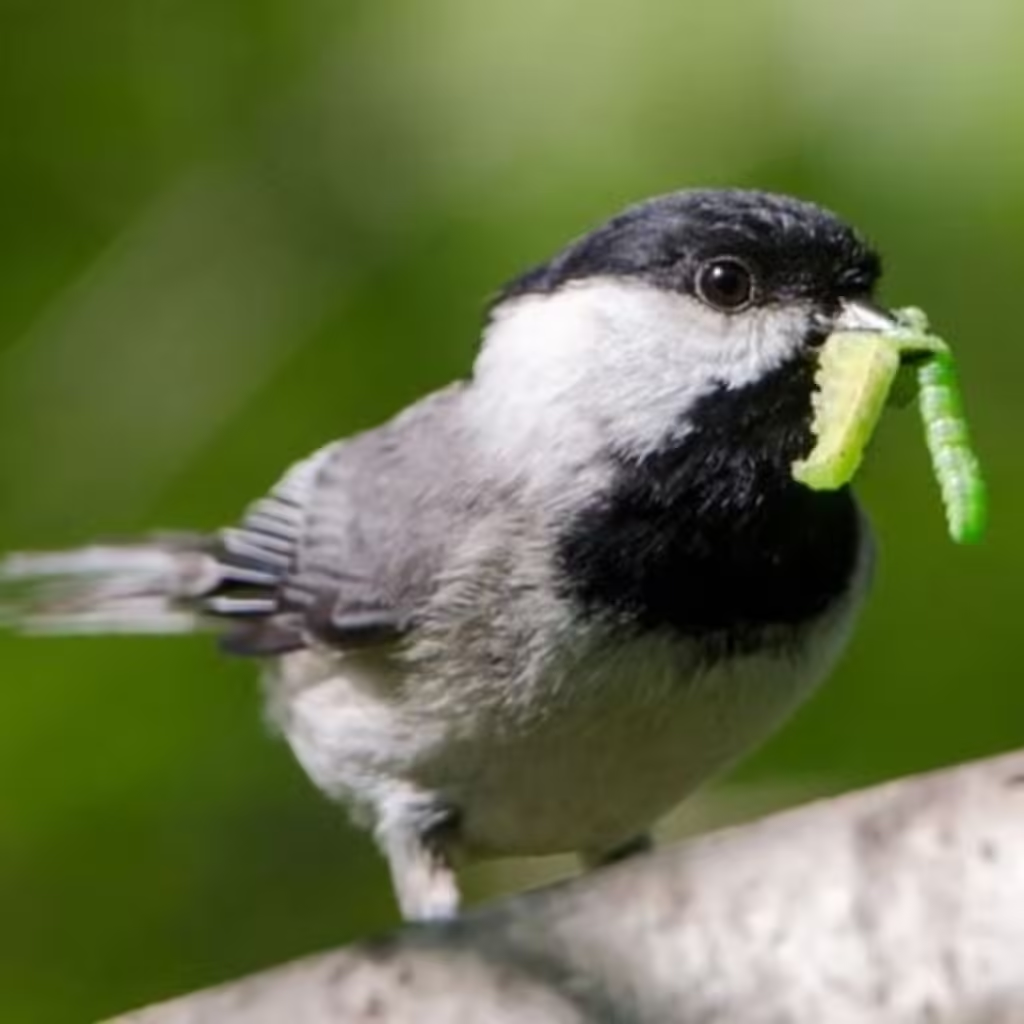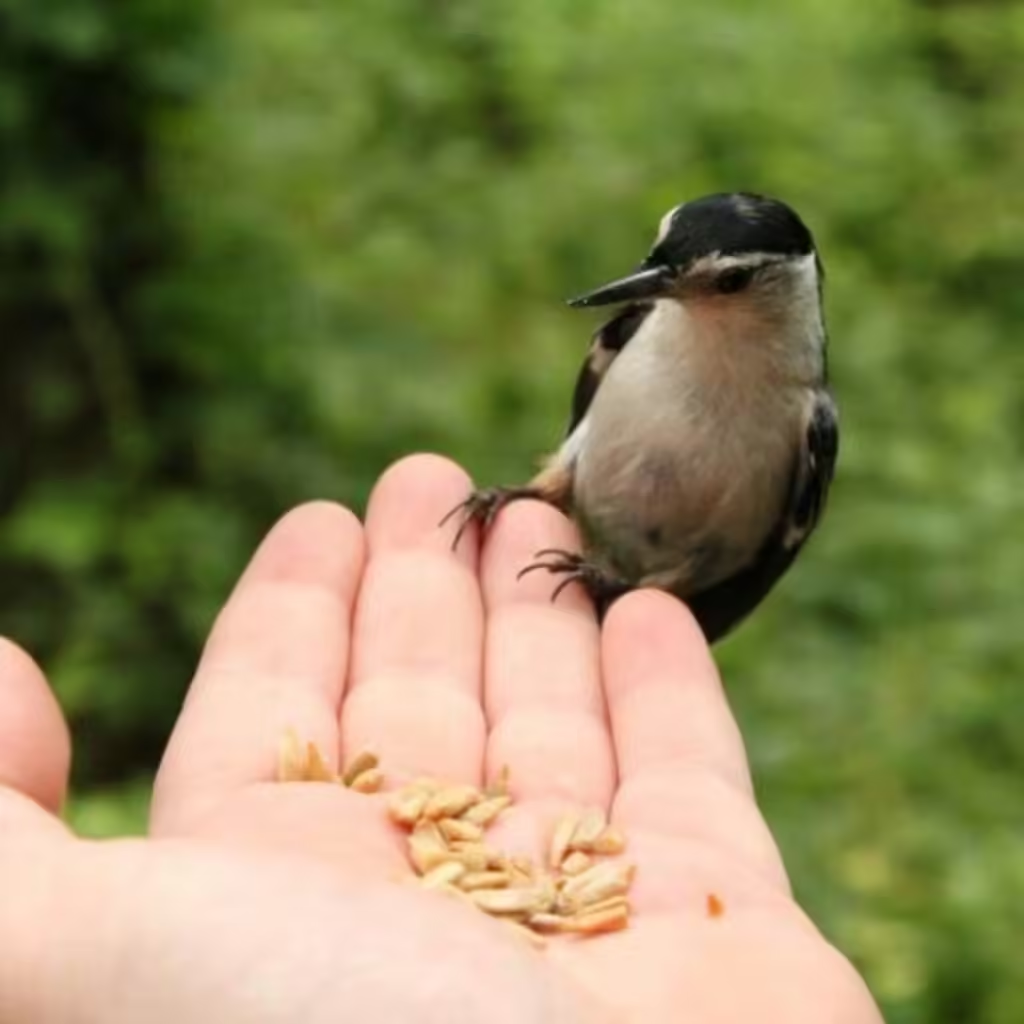
What Are The Signs Of a Sick Bird: As a responsible bird owner, it’s crucial to be aware of the signs that may indicate your feathered friend is unwell. Birds are experts at masking illness, so it’s essential to pay close attention to even the slightest changes in their behavior or appearance. Early detection of sickness can significantly improve the chances of a successful recovery.
Also Read: What is the Best Thing to Feed Birds?
1. Abnormal Droppings
A bird’s droppings can reveal a lot about its health. Keep an eye out for any changes in color, consistency, or frequency. Watery droppings, the presence of blood or mucus, or an excessive amount of droppings can all be indicators of an underlying health issue.

2. Lack of Appetite
A sudden loss of appetite or a decrease in water consumption should raise a red flag. Birds have small bodies and high metabolisms, making it essential for them to eat and drink regularly. If your bird is not eating or drinking as usual, it could be a sign of illness or stress.
3. Lethargy and Inactivity
Healthy birds are naturally energetic and active. If your bird appears lethargic, sleepy, or inactive for prolonged periods, it may be a sign of sickness or discomfort. Birds that are ill often fluff up their feathers and sit motionless, conserving energy.

4. Respiratory Issues
Pay attention to your bird’s breathing patterns. Labored breathing, wheezing, or audible clicking sounds can indicate respiratory problems, which can be serious and require immediate veterinary attention.
5. Feather Condition
Healthy birds have sleek, well-groomed feathers. If your bird’s feathers appear ruffled, unkempt, or missing, it could be a sign of illness, stress, or a nutritional deficiency.

6. Eye and Nasal Discharge
Discharge from the eyes or nostrils is a common symptom of respiratory infections, allergies, or other health issues in birds. Keep an eye out for any abnormal discharge, as it can indicate the need for medical attention.
7. Swollen or Discolored Areas
Look for any swelling, lumps, or discolored areas on your bird’s body, feet, or around the eyes. These can be signs of injury, infection, or other health problems that require veterinary attention.

8. Behavioral Changes
Birds are creatures of habit, and any sudden changes in their behavior can be a red flag. If your bird becomes unusually aggressive, withdrawn, or exhibits other atypical behaviors, it could be a sign of illness, stress, or an underlying medical condition.
It’s important to act quickly if you notice any of these signs in your bird. Consult an avian veterinarian immediately, as early intervention can significantly improve the chances of a successful recovery. Regular check-ups and preventive care can also help detect potential health issues before they become more severe.

Also Read: Backyard Birds of Central Texas
Conclusion
Remember, each bird is unique, and some signs may be more or less different depending on the species and individual. By paying close attention to your bird’s behavior and appearance, you can ensure they remain happy, healthy, and thriving members of your family.
Pingback: Is Watermelon Safe for Birds?